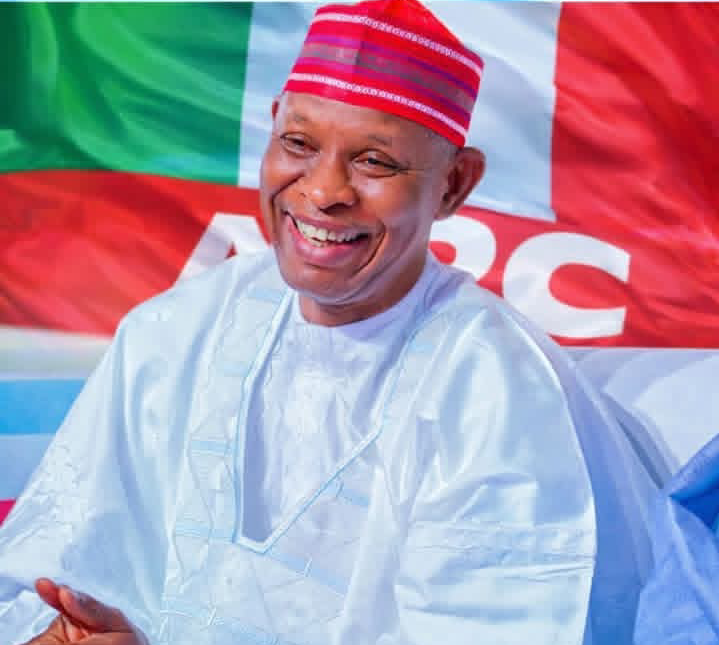The Nigerian government has announced that it will no longer implement a planned 15% import duty on petroleum products, including petrol and diesel. The decision was revealed by the Nigerian Midstream and Downstream Petroleum Regulatory Authority (NMDPRA) in a statement, which also advised the public against panic buying and hoarding of fuel.
The proposed import duty was initially approved by President Bola Tinubu in October, with the aim of protecting and promoting local refineries by making imported fuel more expensive. The policy was expected to take effect on November 21, 2025, and was anticipated to increase fuel costs, potentially leading to higher inflation and transportation prices for consumers.
However, experts had warned that the move could result in higher pump prices for consumers, with some estimates suggesting an increase of up to 150 per liter or more. The NMDPRA’s decision to halt the implementation of the import duty is likely to provide relief to consumers and businesses that rely on fuel for their operations.
The NMDPRA also assured the public that there is an adequate supply of petroleum products in the country, with a robust domestic supply sourced from both local refineries and importation. The authority warned against hoarding and non-market reflective escalation of prices, and stated that it will continue to monitor the supply situation and take regulatory measures to prevent disruption of supply and distribution.
The decision to halt the import duty is significant, as it highlights the government’s efforts to balance the need to promote local industries with the need to protect consumers from rising fuel costs. The NMDPRA’s commitment to guarantee energy security and ensure a smooth and uninterrupted supply of petroleum products is also a positive development for the country’s economy.
In the context of the global energy market, the decision to halt the import duty is also noteworthy. With oil prices dropping due to US inventory build and OPEC forecast shifts, the Nigerian government’s move may be seen as a response to changing market dynamics. As the country continues to navigate the complexities of the energy sector, the NMDPRA’s decision is likely to have significant implications for consumers, businesses, and the economy as a whole.



